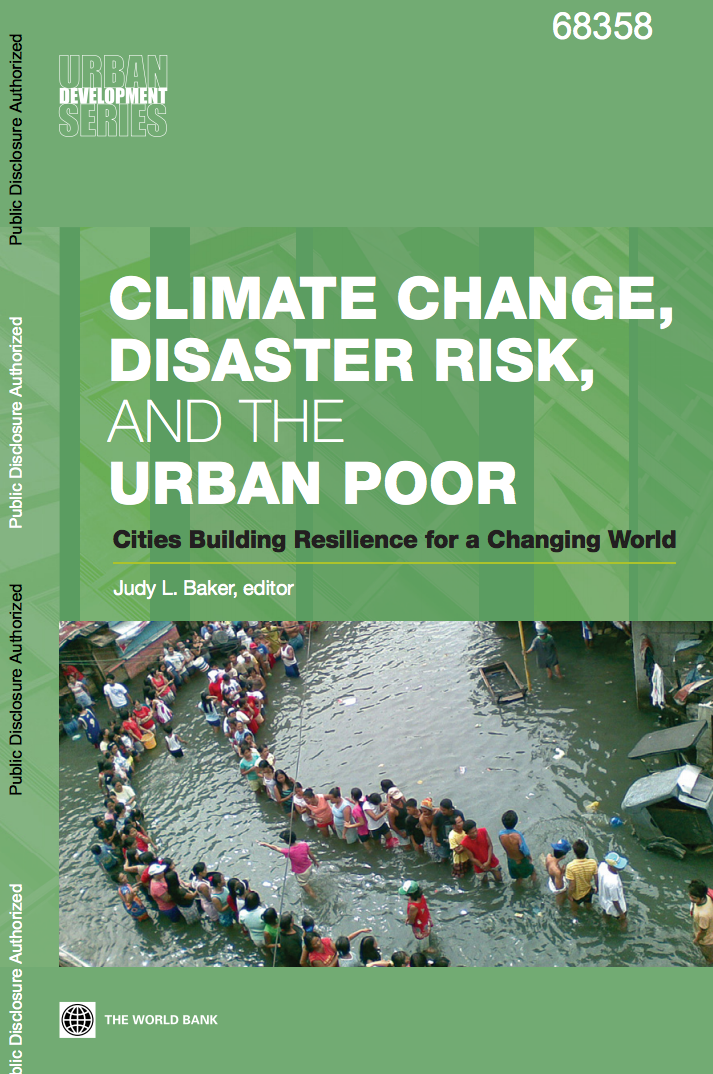World Bank Group Engagement in Resource-Rich Developing Countries
This report by the Independent
Evaluation Group (IEG) summarizes the experiences of and
draws lessons from the country program evaluations of four
natural resource-rich countries: the Plurinational State of
Bolivia, Kazakhstan, Mongolia, and Zambia. It concludes that
although the challenges identified in these countries are
not unique, they manifest themselves with particular
intensity in three closely interrelated areas that need to


